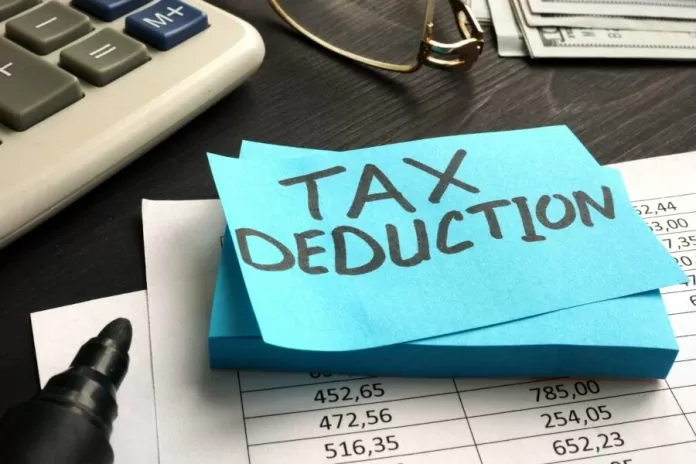Tax Deduction Claim: Most people know that you get tax exemption by investing in NPS, but many people do not know that investing in it can be done in many ways.
Tax Deduction Claim: If you also want to avail the benefit of exemption in Income Tax through NPS, then you have only a few months left for investment. Most people know that you get tax exemption by investing in NPS, but many people do not know that investing in it can be done in many ways. You can invest in NPS in not one or two but three ways. With this, your retirement planning corpus will become bigger and on top of that you will also get tax exemption.
You can invest in NPS in these 3 ways
The tax exemption that any employee gets on NPS is available under 80CCD. There are also two sub-sections in this. The first is 80CCD(1) and the second is 80CCD(2). Here let us tell you that there is another sub section of 80CCD(1) 80CCD(1B). In this way you can invest in 80CCD(1), 80CCD(2) and 80CCD(1B) i.e. in total 3 ways. Let us understand these three sections separately.
1- How and how much to invest in 80CCD(1)?
Under this, you can invest up to Rs 1.5 lakh in a year. You will have to make this investment yourself and can avail tax exemption of up to Rs 1.5 lakh under Section 80C.
2- Tax exemption on Rs 50 thousand under 80CCD(1B)
If you invest in 80CCD(1B), then you can get tax exemption up to a maximum of Rs 50 thousand. This tax exemption is different from the limit of 80C. That is, if your 80C quota is completely filled and you still want to get tax exemption by investing in NPS, then you can take the help of 80CCD(1B). In this way, through these two methods, you can invest around Rs 2 lakh in NPS and get tax exemption on it.
3- No limit on investment in 80CCD(2)
Under Section 80CCD(2), you also get tax exemption on additional investment of Rs 2 lakh. However, this investment is not made by you yourself, but by your employer. Under this, you will get rebate on the investment made by your employer in NPS. Many businesses get tax exemption by showing this investment as a business expense in their profit and loss statement. Under this, you can invest up to 10 percent of your basic salary and dearness allowance in NPS and you will get tax exemption on it. Whereas if you are a government employee then this figure can be up to 14 percent for you.
keep some things in mind
Salary here means your basic salary and the dearness allowance you receive, not the other allowances you receive. The calculation of 10 percent or 14 percent deduction will be limited to basic salary and dearness allowance. Meaning, even if your CTC is Rs 10 lakh, but if your basic salary and dearness allowance is only Rs 3 lakh, then you will get the benefit of only Rs 30 thousand (after 10% deduction). At the same time, this rule has also come into effect from 2020-21 that if the contribution made by the employer in NPS, Provident Fund and Super Annuation Fund is more than Rs 7.5 lakh, then the taxpayer will have to pay tax on it. You will also have to pay tax on the interest or dividend earned on that additional investment.

